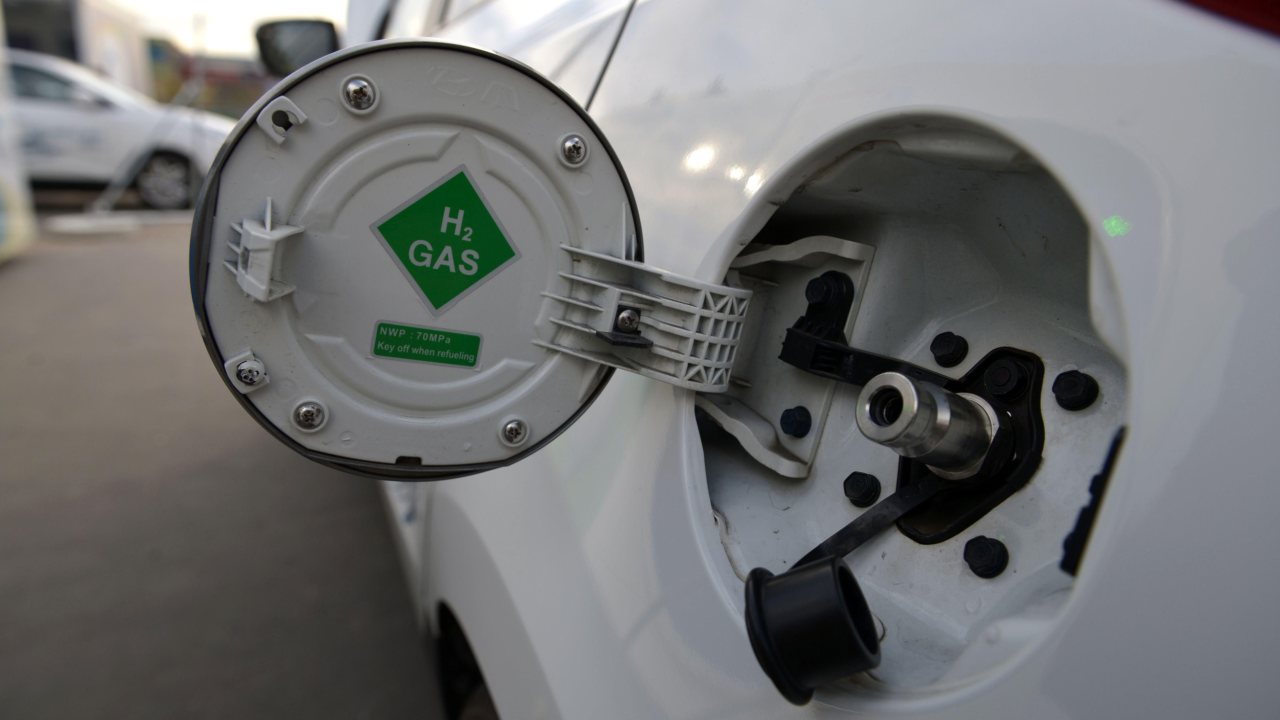Researchers in Israel have uncovered the chemical mechanism that could help develop hydrogen fuel from water molecules, a new study reports. While converting hydrogen gas into useable fuel is a carbon-neutral, eco-friendly process, there’s a catch: there is almost no source of pure, molecular hydrogen on Earth. For it to be used as a source of fuel, an alternative method to produce hydrogen from other molecules is an active area of research worldwide. One of the potential sources of hydrogen is water. The process of splitting water to release hydrogen doesn’t emit greenhouse gases and has already been carried out in many research labs. But the large amount of energy that it takes to carry out this reaction yields a disproportionately lower output. So far, it remained an unsustainable process to manufacture fuel from. The study, published in Nature Communications, reports the first successful attempt at using naturally-occurring solar energy to carry out the reaction instead of artificial – and often, polluting – sources of energy. The breakthrough made by the researchers lies in a mechanism that overcomes the energy demand of splitting water molecules.
The key “missing link” uncovered in the study was splitting hydrogen peroxide (H2O2), an oxidised form of water, using iron oxide and photo-electrodes powered by solar energy. This, the researchers said, allows for an “ongoing, automatic conversion of water into hydrogen fuel” in ways that could be scaled up easily for mass-production. “This discovery could have a significant impact on efforts to replace carbon-based fuels with more environmentally friendly hydrogen fuels,” Dr Arik Yochelis, one of the study’s authors from the Ben-Gurion University of the Negev, said to the university press. “Car manufacturers seek to develop hydrogen-powered vehicles that are considered efficient and environmentally friendly and unlike electric vehicles, allow for fast refuelling and extended mileage.” The researchers credited part of their discovery to Professor Gerhard Ertl, who won the Nobel Prize for Chemistry in 2007 for early work on the photochemical reactions described in their study. The Nobel committee praised his work for the profound implications it could have in developing non-polluting fuel cells. “Now, our discovery opens new strategies for photochemical processes,” said Yochelis.


)
)
)
)
)
)
)
)
)



